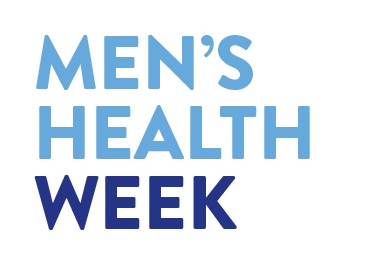The Men’s Health Forum is providing councillors with the tools they need to hold their local health system to account on gender.
In partnership with the Centre for Public Scrutiny, the Men’s Health Forum have put together ten questions that scrutiny committees should ask to ensure that their local health systems are as gender-sensitive as they should be – improving the health of both men and women.
According to analysis conducted by the Men’s Health Forum of 147 Joint Strategic Needs Assessments (JSNAs) in 2014, only 18% of local authorities are adequately recording information by gender and are thus aware of specific health issues in males and females. Areas with very poor male life expectancy are particularly guilty.
To improve men’s health, the Forum urges councillors and scrutiny committees to ask questions about the effectiveness of public health outreach programmes in engaging with men, the difference between male and female life expectancy and who is responsible for tackling poor men’s health. The ten questions are:
- What’s the difference between male and female life expectancy in the different parts of our area? What’s driving it?
- Do we collect and report all health data by gender? Is there any data we don’t report by gender?
- Do we have any local research to determine health differences between men and women or boys and girls?
- How many men and women use our weight loss services? Do we run the same programmes for men as women?
- What is the split in NHS Health Check uptake between men and women in our area?
- How do we join up services for men and women with a combined substance and mental health problem? Does a substance problem stop people being able to access mental health services?
- What public health outreach programmes do we have to reach men?
- Are there any groups of men with particularly poor health? What services are available for them?
- What is being done to promote better health awareness and health literacy amongst men and boys?
- Who’s responsible for men’s health in your organisation? Do you have a strategy to tackle poor men’s health? Does the Clinical Commissioning Group have a person responsible for tackling men’s health?
These questions put men’s health centre stage requiring local authorities, public health services and clinical commissioning groups to take action and identify men’s health issues.
Men’s Health Forum CEO Martin Tod said:
In the UK, one man in five dies before the age of sixty-five. Our new guide is designed to help councils and councillors play their part in tackling that.
Most of the difference in life expectancy and health between men and women - and men in different areas - tracks back to lifestyle factors. Councillors can take a leading role in addressing these issues and working with local health services to get action to tackle them.
Many services also need to be designed to meet the needs of men better. We would also like councils to work for at least 50% male participation in NHS Health Checks and ensure other health improvement programmes - especially weight loss programmes - do much more reflect what works with men.
- In the Men's Health Manifesto, the Men's Health Forum laid out five challenges to local health systems which the new 'Men Behaving Badly' guide is designed to help address.
- Download a free copy of the document from our online shop
- See how the report has been used in Leeds and Camden.
Men Behaving Badly? Ten questions council scrutiny can ask about men’s health (PDF)


